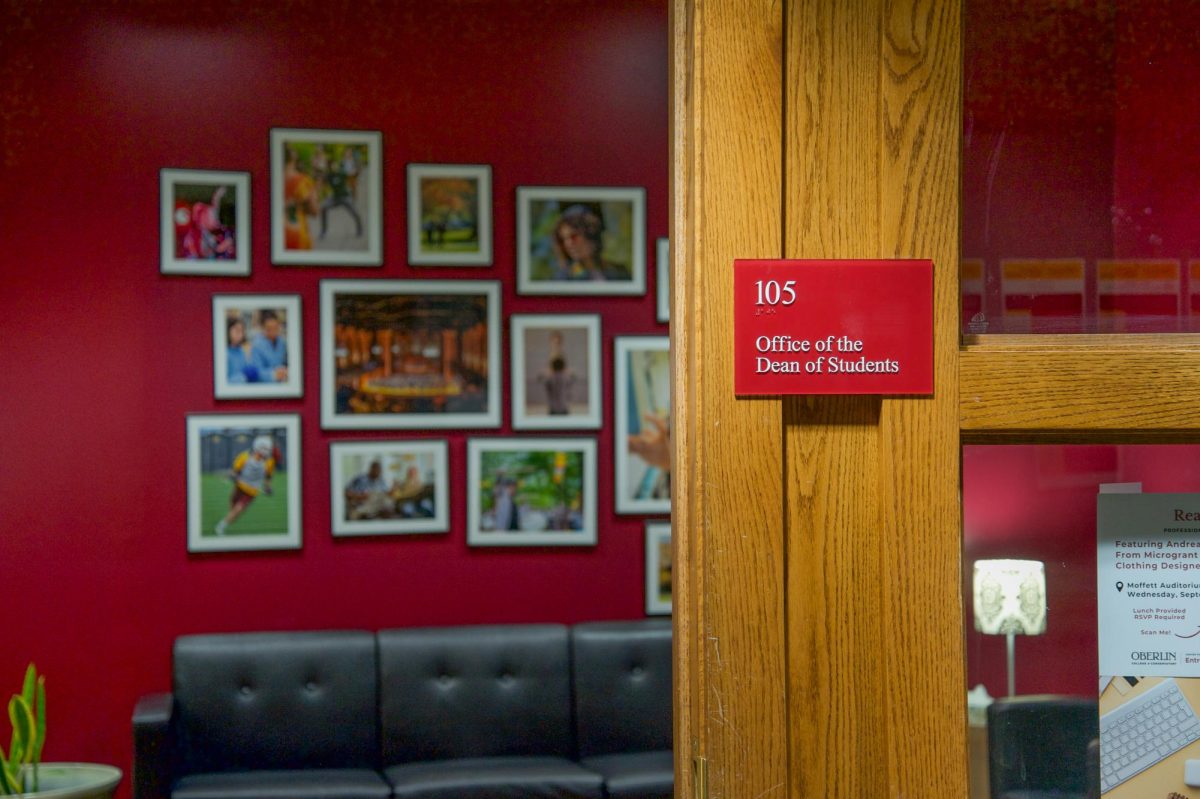25 tenure-track faculty joined the College of Arts and Sciences at the start of the 2023–24 academic year. This figure represents more than double the tenure-track faculty that joined the College last year. The faculty will work across 19 departments.
With a high demand for introductory classes in all majors, some departments have prioritized hiring continuing faculty for core courses. Ron Cheung, chair of the Economics department, which added two assistant professors this fall for the first time in around four years, explained the department’s priorities.
“We always do need our professors to provide some support for our core courses,” Cheung said. “So this year, for instance, we definitely wanted to bolster our professors who could teach Intermediate and Advanced Microeconomics as well as … our introductory Econometrics course. But in addition to that, we definitely want to have professors who work in applied fields.”
In other disciplines, finding academic advisors has been difficult as the number of students grows. The Psychology department is excited to add tenure-track faculty as one of six departments adding more than one tenure-track professor to their ranks.
“I personally asked a new professor last year to be my advisor, and she had to turn me down because she couldn’t take advisees,” College third-year and Psychology major Skye Slade said. “Ultimately, I asked a professor who I had less of a previously established relationship with. It ended up working out really well, though, and I admire all of the professors, new and old, for their adaptability and kindness to their students.”
Students also find it challenging to find academic advisors when many of their classes are taught by visiting faculty.
“In both of my majors, I have had similar experiences in that I have had professors that I developed a rapport with and that fit my learning style very well, and they have both left Oberlin,” College second-year Ana Howard said. “That has made me question my major choices and also increased my anxiety about this year in general. … It almost felt like [the first] year all over again.”
Cheung highlighted the importance of representation in hiring, especially when considering gender equality and racial diversity.
“Students have noted that they like to take courses from professors who they can see themselves being, or that they can share experiences with,” he said. “In such a male-dominated field, … it’s really important for the [Economics] department to really demonstrate that we understand some of the concerns of women students, and we want to provide for them. It’s really exciting as well to have two faculty members of color joining our department. Again, Economics [is] not often seen as an ethnically diverse field.”
Recently hired assistant professors also bring along a diversity of pedagogical techniques. It is these techniques that benefit the student body by diversifying the department and broadening students’ worldview.
“In the Biology department, all of the faculty teach in different ways in order … to figure out what [works] best for students,” new Assistant Professor of Biology Gabriel Moore, OC ’15, said. “And we’re encouraged to do so, especially using different evidence-based approaches. It’s been really nice to be welcomed back by all the people I saw as mentors now being colleagues.”









